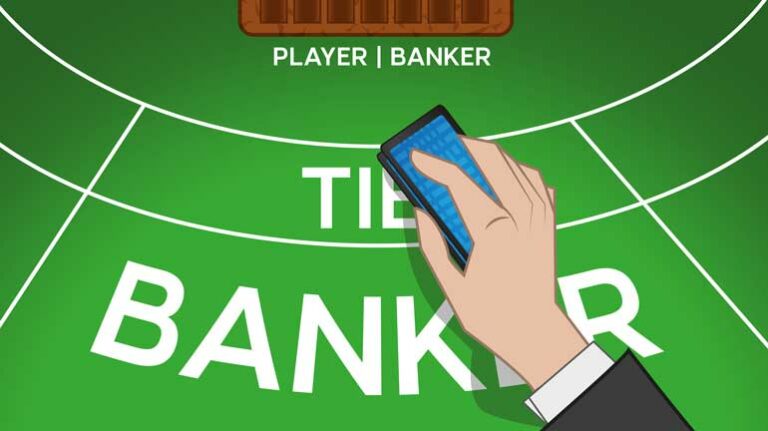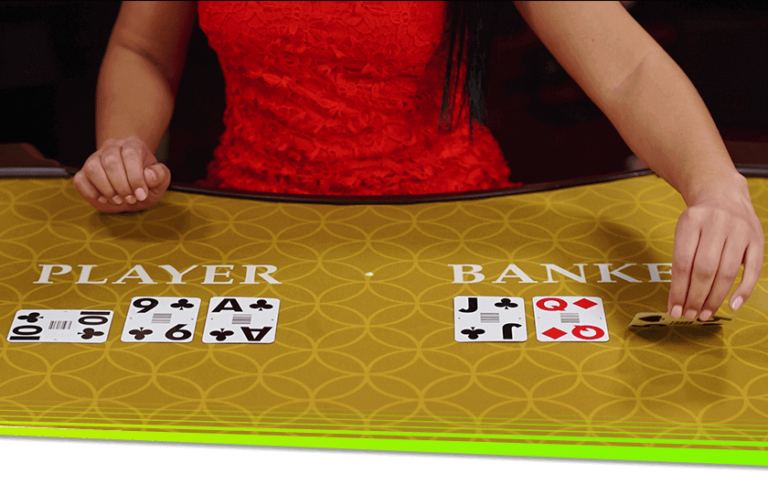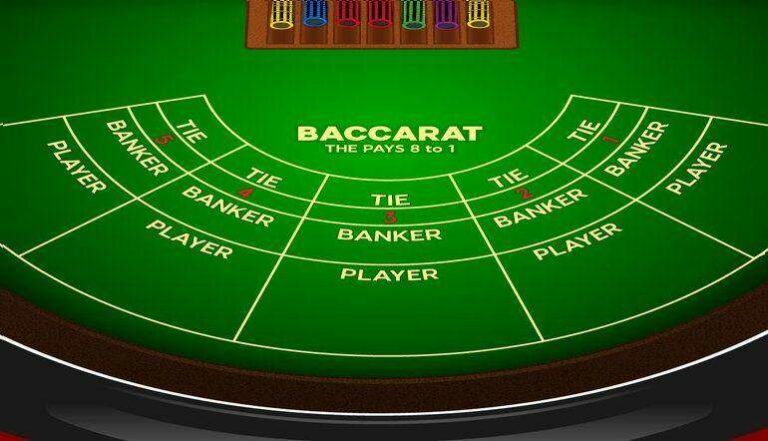As the saying goes, poker takes a minute to learn but a lifetime to master. Whilst the rules and hand rankings are easily assimilated by new players, we all ending having difficulties mastering poker. But why? After all, what’s so difficult about learning to play poker?
Poker is truly a multi-faceted card game. Its most popular variant, Texas Holdem, mixes the shared information of the community cards with the private gameplay of the hole cards. A huge part of great poker play is mastering and using mathematics in each hand. Not just when you feel like it, but every single time.
Let’s review why learning poker is such a difficult process that often takes many years.
Multiple Poker Variants
Poker is a family of related card games where players wager over who has made the best hand. What constitutes the best hand varies, but wagering is always present. Poker is less a card game than it is a wagering game that happens to use cards.
As Dan Harrington puts it in Harrington on Hold’em: “Poker looks like a card game. But it’s not really. It is actually a game that uses cards to construct the situations for wagering.”
There are hundreds if not thousands of poker variants – with no-limit Texas hold ’em (NLHE) being by far the most popular today.
You could spend a lifetime mastering NLHE but you still couldn’t expect to crush a related game like Pot Limit Omaha straight away. Even slight changes to the rules – such as straddles, antes or bet limits – open up all kinds of strategic considerations and possibilities.
If you want to really test your poker skill, then try playing a mixed game, such as H.O.R.S.E., that alternates between different varieties of poker from hand to hand.

Poker is a Terrible Teacher
In most things in life, you learn by doing – and you get immediate feedback that helps you improve.
Poker isn’t like this. Learning poker is hard because you can be rewarded for terrible play – and you can still lose a lot of money even if you played the hand exactly right.
You can get it in good against a fish who’s playing trash, only to get sucked out on by a freakish combination of cards.
The fish doesn’t realize what he did was foolish – and you feel terrible even though you played the hand correctly!
It’s a brutal game over the short run. Just remember that the long run is all that matters. You have to understand the theory and ignore any short-term variance. If you concentrate on playing well, eventually you will come out on top.
Downswings and Heaters
No matter how good you are, everyone goes through periods where it seems they just cannot win. It can be hard to distinguish poker downswing caused by random bad luck from downswings caused by big problems with your game.
And the opposite happens too – people go on heaters where they can do no wrong, fooling them into thinking they have mastered poker. There is nothing worse for your game than this.
It’s easy to tell yourself that your losses are because of bad luck but your wins are because of skill! You have to understand the game well enough to be able to make an objective judgment about why you are winning or losing. Otherwise, you will never truly learn the game of poker.
Understanding Outs, Odds & EV
David Sklansky’s The Theory of Poker was a watershed moment in poker history. Before his book, people played mainly by instinct. They’d chase draws and call all-ins without knowing why. The only way to judge a play was whether it won or lost.
Sklanksy came along and turned this on its head. The individual results don’t matter. What matters is consistently making plays that have a positive expected value (+EV) over the long run.
You can’t know whether you are making a +EV play unless you understand what odds you are getting. And you also need to be able to compare that to the odds of you hitting your hand – what outs do you have? If you aren’t doing this, you are playing blind.
You cannot be serious about poker unless you get to grips with outs, odds, and EV. These are the mathematics of a winning strategy. And that takes work. Why is learning poker hard? Blame David Sklanksy!

Using Maths For Each Hand
Let’s face it: for most of us, math is difficult and boring. It’s even harder to do on the fly without a calculator or a pen and paper to work stuff out. Learning poker is hard because you cannot get away from mathematics.
If you want to succeed at poker, you need to get into the habit of using math for each hand you play. You have to be able to do it in your head, and quickly. Unless you’re some sort of human calculator, the only way to get the hang of this is through practice.
Playing poker by instinct or gut feeling is easy – and it’s also a great way to lose. Playing mathematically correct poker is hard – but it’s the only way to master the game.
Reading Hand Ranges Accurately
Outs and odds are only half the story of making profitable decisions at the poker table. You must also be able to hand read – that is put your opponent on a range of possible hands.
Even the best odds in the world are a bad deal if your opponent holds the nuts and you are drawing to the second nuts.
We all start out at level 1 poker where we only think about what we have. Level 2 poker is where we start to think about what our opponents have.
It’s not an easy skill to pick up. When you are starting out it is hard because your opponents will mainly be beginners who play illogically. As you improve it will be hard because your opponents are good enough to make efforts to mislead you. That is level 3 poker – what does my opponent think I have?
Hand reading is difficult – but playing good poker without it is almost impossible.
Identifying Playing Styles
Poker is a game of math and probability, but it’s also a game between people playing in or out of position. No matter how well you understand the theory behind playing solid poker, you will still fall short unless you pay attention to your opponents.
Unless you are aware of what sort of players are you up against, how can you exploit their weaknesses? Using a HUD is very helpful for making quick judgments, but the note function of the poker client or a pen and paper can be just as useful.

It’s convenient to group players into broad categories like fish, nit, TAG, or LAG. But in reality, nobody plays exactly the same as anyone else. People play differently from day to day, and even from hand to hand!
Identifying your opponents’ playing styles is important – but remember that nothing in poker is black and white. That’s what makes it such a challenging and rewarding game.
Not Going On Tilt
The life of a poker player is full of times where you make the mathematically correct move, yet still, lose the hand. Often we can laugh and brush it off – usually when there’s not much at stake. But it’s hard not to get emotional over a bad beat when you are playing for stacks or your tournament life is on the line.
Tilt control is a crucial skill for a beginner poker player – but it’s also one of the hardest to master. Let your emotions get the better of you and you’ll make bad decisions – and poker is a game of making good decisions. RIP your bankroll.
Poker is a brutal game, capable of producing incredibly unfair moments. The human brain isn’t really capable of coping with the short-term unfairness of poker. You are hardwired to learn from your mistakes, but poker will punish you when you don’t make a mistake and reward you when you do.
Constant unfairness can grind anybody down. But losing your cool won’t change what cards come – and it definitely won’t help your game. All it will do is make things worse.
Poker is a game of many ups and downs, and emotional control is absolutely vital. It goes both ways – keep your head when you are winning and when you are losing.
Recommended reading: The Mental Game of Poker by Jared Tendler.
Losing a Lot to Learn a Lot
Inevitably new players lose a lot at first – but losing can be the best way to understand what you’re doing wrong. Very few players have the courage and the determination to plow through all these losses. Most are discouraged, or they don’t have the bankroll. Micro stakes are a good place to start and should not be seen as bad!
Nobody picks up a chess set and becomes a grand master straight away – and it’s the same with poker. The difference is that you can play chess for free, but wagering is an integral part of poker. Sure, you can try out play money poker to learn the rules, but you will only really learn how to play if there is actual money at stake.
There is no getting around it. We all have to begin somewhere, at that somewhere is the micro-stakes. It might just be pennies, but the game is radically different to play money. Deposit $50 and start playing – but don’t expect to win straight away.
It’s fine to lose at first, and that means losing money. Just treat your losses as the cost of learning the game. Concentrate on the fundamentals and put in enough volume, and eventually, you will win it all back.
Hand Analysis Is Tough
One thing successful poker players have in common is that they spend time analyzing the hands they’ve played. Away from the table, they look objectively at what they did right and what they did wrong. They think about what caused them to make a wrong decision, and how they will avoid it in the future.
This isn’t enjoyable, and it’s definitely not easy. The vast majority of players don’t bother to analyze their hands. That’s fine if you just want to play for fun – but if you are at all serious about improving your game, you need to set time aside to dissect the hands you’ve played.
It’s hard to be objective of course. You should consider sharing your hand histories with other players, either on the internet or with players whose judgment you can trust. Make sure you are thinking about things correctly, otherwise you will pay for it in the long run.
Mastering poker is hard. It’s not for the faint of heart or weak of will. Winning requires a combination of mental mathematics, complex strategy, and mental toughness. Most people don’t have what it takes. But for those who are up to the challenge, it’s the greatest game on earth.
This article was published on December 22, 2020, and last updated on October 26, 2022.




















